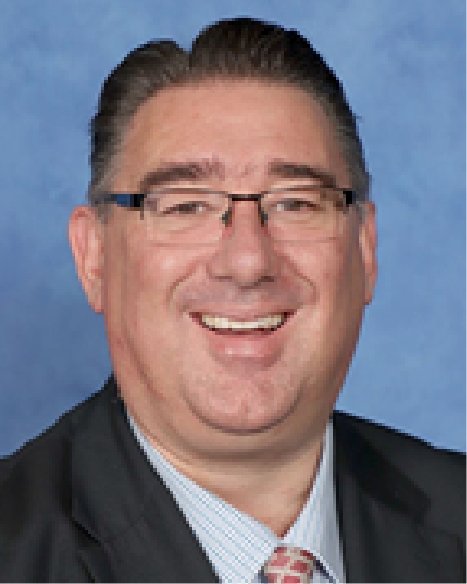Conference Report
Reflections on some recent research conversations: a conference report
The St Andrew’s Cathedral School Research Conversations is a uniquely collegial online conference that brings educators together to explore practitioner research in a format that is reflective, applied, and wonderfully open. This year, I had the opportunity to present on the pedagogical translanguaging work underway at Marri Mittigar, our special assistance school for refugee-background students.

My presentation focused on how translanguaging is being used as a strategy to support students with limited literacy in both English and their home languages—particularly within the History classroom. Two strategies were looked at in depth.
1. “Learning Key Vocab” activity that looked to equip students to be able to learn key terms in the study of Ancient Egypt and to use them correctly verbally and in writing.
2. “Dictogloss” activity where students built up their listening, comprehension, and writing skills by reconstructing an English text after discussing it in their first language (L1). This one was to do with Ancient China.
The informal, conversational tone of the conference allowed for a rich exchange of ideas. In the discussion that followed, I was struck by how readily colleagues began to apply the principles of translanguaging to their own contexts—whether with EAL/D learners, students with additional needs, or classrooms shaped by linguistic and cultural diversity. It affirmed for me that translanguaging is not a niche tool but a pedagogical approach with broad relevance: one that fosters inclusion, comprehension, and identity.
The keynote by Christopher Watkins provided a thoughtful frame for the conference. He spoke of education not merely as the transmission of facts but as the shaping of habits, desires, values, and character. His call for a “figural” approach—where students are formed holistically through story, practice, and community—resonated deeply with the work we are doing. Translanguaging, too, acknowledges students as whole people, not just language learners.
I also attended a thought-provoking session on the sustainable integration of AI in education. As schools begin to shift from resisting AI to engaging with it constructively, the session highlighted how traditional PD models may not keep pace with the rapid development of generative technologies. It was encouraging to see thoughtful frameworks being developed to support more meaningful, sustainable integration—reminding me again that new tools must always serve deeper educational purposes.
In all, the Research Conversations lived up to their name. They sparked exactly the kind of dialogue that blends research, practice, and values. I came away affirmed in my work—and encouraged by the collective energy to make learning more human, more thoughtful, and more connected.

Dr Timothy Scott
Tim has held leadership roles in schools across Australia and abroad for 25 years, alongside teaching History and Modern Languages. His research focuses on intercultural learning and pedagogical translanguaging, refugee education, and student voice in improving educational practice. He is a lead researcher for the Barker Institute’s ongoing decade-long longitudinal study, The Barker Journey. Alongside his research work, Tim currently teaches History and IGCSE Global Perspectives. His PhD examined socio-political influences on contemporary German conceptions of history and archaeology.




